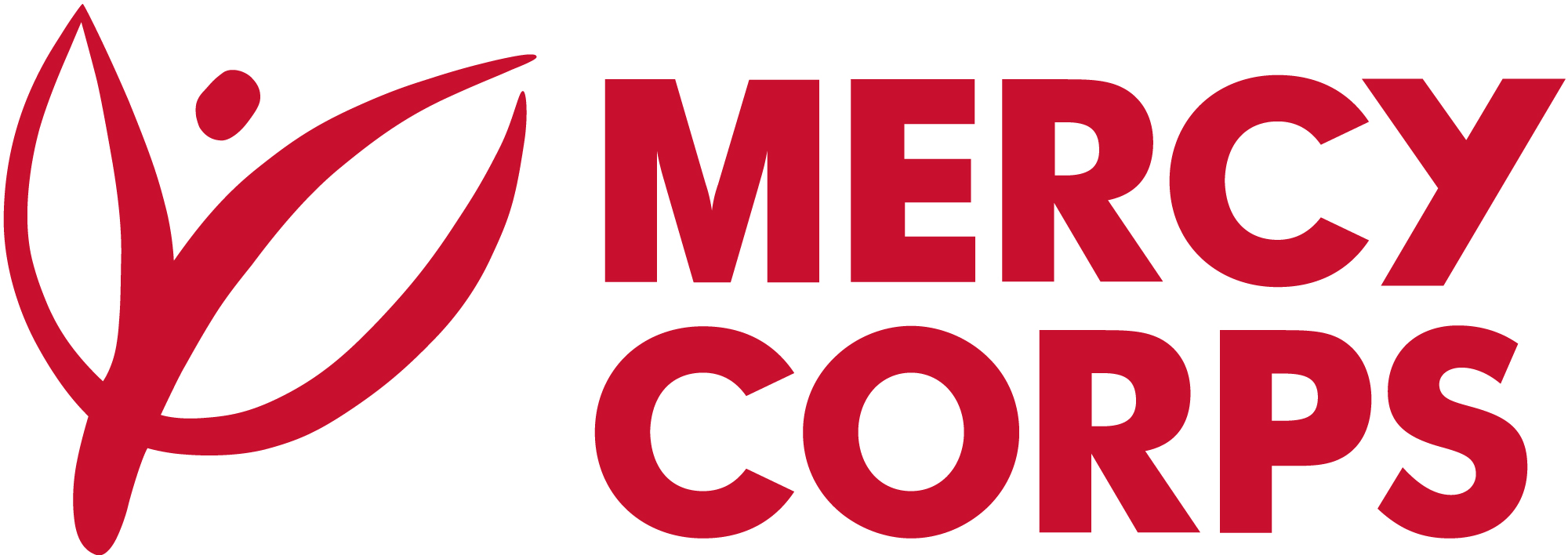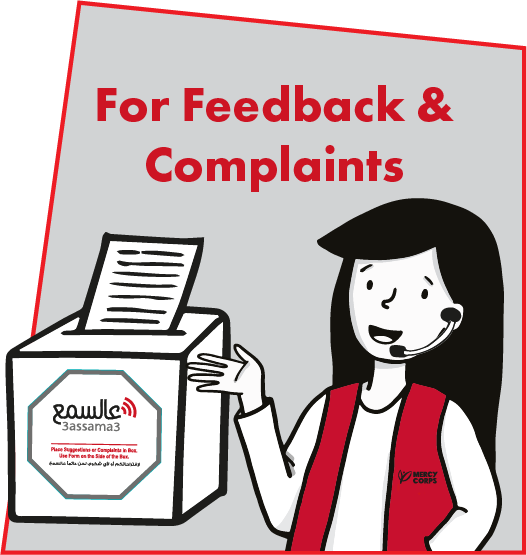Key Takeaways:
- Lebanon held national elections on May 15, the first since the country’s economic crisis began in 2019 and the August 2020 Beirut port blast. No parliamentary block or political alliance won a clear majority, unlike in the previous parliament. Opposition candidates fared well, gaining 13 seats. There are concerns that the makeup of the new parliament is ripe for endemic deadlock over key policy issues, re-raising the familiar specter of long-running caretaker governments and political vacuums experienced recurrent in Lebanon over the last decade or so.
- In the first post-election parliamentary session on May 31, Nabih Berri was re-elected as speaker of parliament for the seventh time in a row and Elias Bou Saab was elected as the new deputy speaker. The parliament’s focus now shifts to the formation of a government, slated for June, amid concerns that there could be delays in approving a new cabinet.
- The value of the Lebanese Pound (LBP) against the US dollar (USD) fluctuated dramatically throughout May, reaching an all-time low of LBP 37,000 on May 27 before rebounding to around LBP 27000, and closing the month at about LBP 30,000 as a result of Central Bank interventions through the Sayrafa platform. Despite this, a lot of uncertainty remains in the coming period, with political dynamics likely to continue to have a significant impact on issues such as currency volatility and market confidence.
- Fuel prices are at record highs due to global disruptions stemming from the conflict in Ukraine, as well as continued LBP depreciation. After fuel prices rose at the end of April, they increased again, reaching an all-time high of LBP 601,000 for 20 liters of 95-octane and LBP 574,000 for 20 liters of diesel at the end of May. Prices are expected to rise again during the summer, largely driven by global price increases, resulting in higher electricity and transportation costs for much of the population, as well as increasing the likelihood of major service delivery failures, such as water shortages.
- The World Bank approved an emergency loan of USD 150 million on May 6, in an effort to support Lebanon’s access to wheat and overcome global supply chain challenges.
- The economic crisis continues to impact public services, with a telecom tariff increase by five times approved by the cabinet on May 20 as part of a new plan for the sector. An expectation of higher fuel prices in the summer continues to threaten the possibility of water shortages.
By Crisis Analytics Team, Mercy Corps Lebanon



